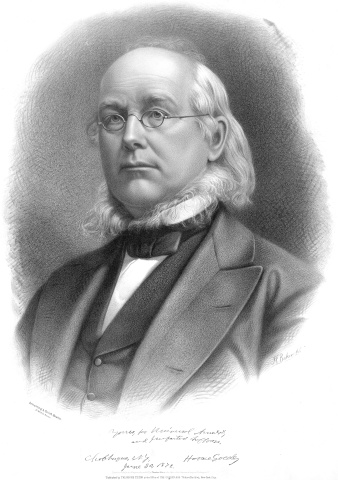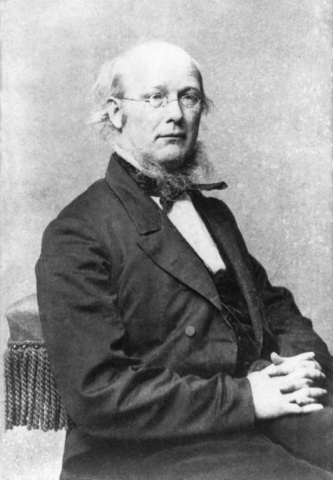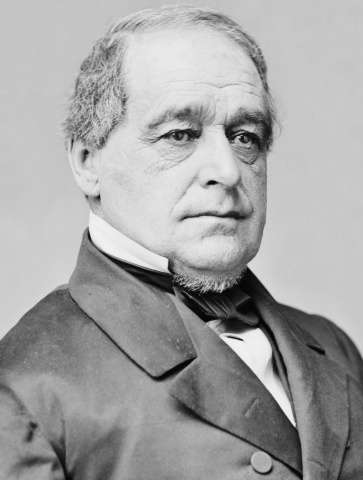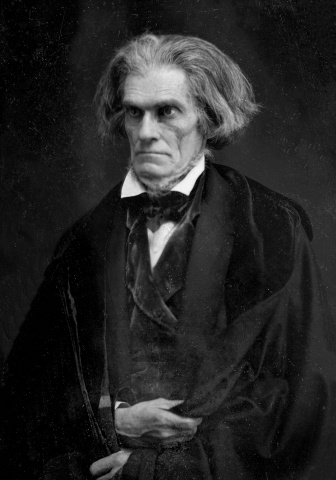Mark Dominus (陶敏修)
mjd@pobox.com

Archive:
| 2026: | J |
| 2025: | JFMAMJ |
| JASOND | |
| 2024: | JFMAMJ |
| JASOND | |
| 2023: | JFMAMJ |
| JASOND | |
| 2022: | JFMAMJ |
| JASOND | |
| 2021: | JFMAMJ |
| JASOND | |
| 2020: | JFMAMJ |
| JASOND | |
| 2019: | JFMAMJ |
| JASOND | |
| 2018: | JFMAMJ |
| JASOND | |
| 2017: | JFMAMJ |
| JASOND | |
| 2016: | JFMAMJ |
| JASOND | |
| 2015: | JFMAMJ |
| JASOND | |
| 2014: | JFMAMJ |
| JASOND | |
| 2013: | JFMAMJ |
| JASOND | |
| 2012: | JFMAMJ |
| JASOND | |
| 2011: | JFMAMJ |
| JASOND | |
| 2010: | JFMAMJ |
| JASOND | |
| 2009: | JFMAMJ |
| JASOND | |
| 2008: | JFMAMJ |
| JASOND | |
| 2007: | JFMAMJ |
| JASOND | |
| 2006: | JFMAMJ |
| JASOND | |
| 2005: | OND |
Subtopics:
| Mathematics | 245 |
| Programming | 100 |
| Language | 95 |
| Miscellaneous | 75 |
| Book | 50 |
| Tech | 49 |
| Etymology | 35 |
| Haskell | 33 |
| Oops | 30 |
| Unix | 27 |
| Cosmic Call | 25 |
| Math SE | 25 |
| Law | 22 |
| Physics | 21 |
| Perl | 17 |
| Biology | 16 |
| Brain | 15 |
| Calendar | 15 |
| Food | 15 |
Comments disabled
Tue, 12 Apr 2016
Neckbeards and other notes on “The Magnificent Ambersons”
Last week I read Booth Tarkington’s novel The Magnificent Ambersons, which won the 1919 Pulitzer Prize but today is chiefly remembered for Orson Welles’ 1942 film adaptation.
(It was sitting on the giveaway shelf in the coffee shop, so I grabbed it. It is a 1925 printing, discarded from the Bess Tilson Sprinkle library in Weaverville, North Carolina. The last due date stamped in the back is May 12, 1957.)
The Ambersons are the richest and most important family in an unnamed Midwestern town in 1880. The only grandchild, George, is completely spoiled and grows up to ruin the lives of everyone connected with him with his monstrous selfishness. Meanwhile, as the automobile is invented and the town evolves into a city the Amberson fortune is lost and the family dispersed and forgotten. George is destroyed so thoroughly that I could not even take any pleasure in it.
I made a few marginal notes as I read.
Neckbeards
It was a hairier day than this. Beards were to the wearer’s fancy … and it was possible for a Senator of the United States to wear a mist of white whisker upon his throat only, not a newspaper in the land finding the ornament distinguished enough to warrant a lampoon.
I wondered who Tarkington had in mind. My first thought was Horace Greeley:
His neckbeard fits the description, but, although he served as an unelected congressman and ran unsuccessfully for President, he was never a Senator.
Then I thought of Hannibal Hamlin, who was a Senator:
But his neckbeard, although horrifying, doesn't match the description.
Gentle Readers, can you help me? Who did Tarkington have in mind? Or, if we can't figure that out, perhaps we could assemble a list of the Ten Worst Neckbeards of 19th Century Politics.
Other notes
I was startled on Page 288 by a mention of “purple haze”, but a Google Books search reveals that the phrase is not that uncommon. Jimi Hendrix owns it now, but in 1919 it was just purple haze.
George’s Aunt Fanny writes him a letter about his girlfriend Lucy:
Mr. Morgan took your mother and me to see Modjeska in “Twelfth Night” yesterday evening, and Lucy said she thought the Duke looked rather like you, only much more democratic in his manner.
Lucy, as you see, is not entirely sure that she likes George. George, who is not very intelligent, is not aware that Lucy is poking fun at him.
A little later we see George’s letter to Lucy. Here is an excerpt I found striking:
[Yours] is the only girl’s photograph I ever took the trouble to have framed, though as I told you frankly, I have had any number of other girls’ photographs, yet all were passing fancies, and oftentimes I have questioned in years past if I was capable of much friendship toward the feminine sex, which I usually found shallow until our own friendship began. When I look at your photograph, I say to myself “At last, at last here is one that will not prove shallow.”
The arrogance, the rambling, the indecisiveness of tone, and the vacillation reminded me of the speeches of Donald Trump, whom George resembles in several ways. George has an excuse not available to Trump; he is only twenty.
Addendum 20160413: John C. Calhoun seems like a strong possibility:
Addendum 20210206: Neckbeard Society is a blog that features notable neckbeards, many more horrifying than anything you could imagine.
[Other articles in category /book] permanent link






